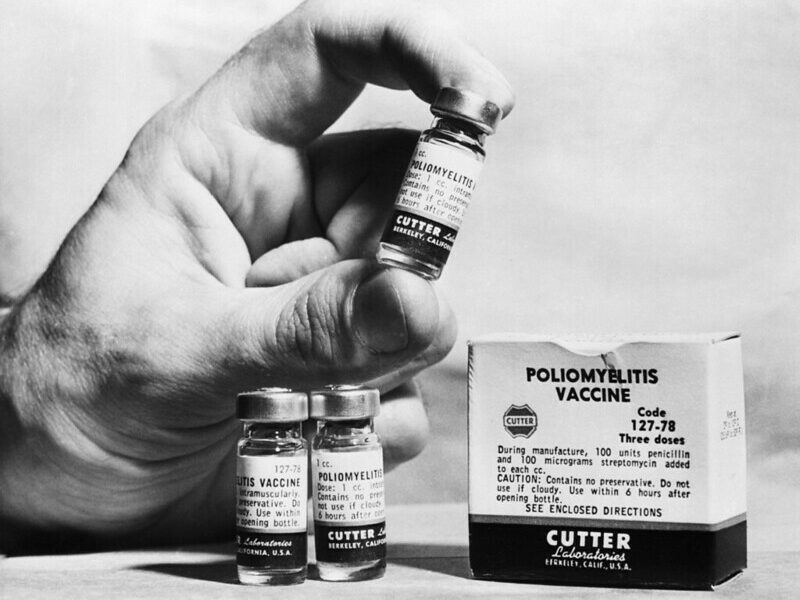On Monday, September 3, the World Health Organization stated that the Ebola outbreak in the Kibaale district of Uganda was coming to an end.
No new confirmed cases have been reported since August 3 2012. Meanwhile, health workers have been tracking those who had contact with Ebola cases for 21 days after exposure to monitor for signs of Ebola transmission. Isolation facilities in Kibaale and Kampala remain on “stand-by,” just in case.
The source of the outbreak has yet to be determined, but ecological teams in Kibaale are collecting samples from wildlife in the surrounding areas.
In a tweet from September 4, WHO stated that the outbreak would be declared over once two periods of 21 days (the incubation period for Ebola) have passed. In other words, if no new cases are reported by September 14, the outbreak will be declared over.
The outbreak in neighboring Democratic Republic of Congo is, however, on-going. According to the WHO, as of September 3, the DRC reported 28 cases (eight confirmed by the Uganda Virus Research Institute, six probable and 14 suspected) and 14 deaths. All cases and deaths have occurred in the Haut-Uélé district of Province Orientale.
Similar to the response in Uganda, health workers are tracking contacts and studying social and anthropological behaviors that might exacerbate the spread of the disease.
The WHO does not recommend any travel or trade restrictions for Democratic Republic of Congo.
Groups involved in outbreak response efforts include Médecins San Frontières and the International Federation of Red Cross and Red Crescent Societies.
